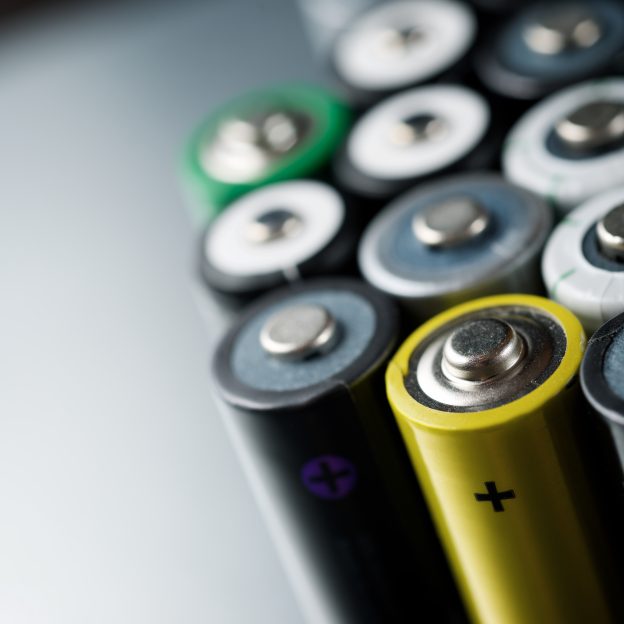
In an interview with Energy-Storage.news, consulting firm Clean Horizon said that Spain will likely undertake regulatory changes and new policy initiatives over the next several years in order to reach its ambitious target of achieving a total installed capacity of 2.5GW for energy storage by 2030.
Like other EU states, Spain has a national energy and climate plan that in turn will contribute to a Europe-wide electric power system based on emission-free technologies. However, Clean Horizon pointed out that the country is unique in having a defined target for energy storage.
Tanguy Poirot, Clean Horizon analyst, told Energy-Storage.news that Spain’s energy storage target is basically unattainable under the country’s current market situation. On other hand, the Spanish government conducted a public consultation exercise earlier this year to find ways to incorporate energy storage and hydrogen into the country’s electricity supply. Therefore, regulatory changes, power auctions, and incentive programs will likely follow and help speed up the development of energy storage projects in the country.
Poirot added that the public consultation exercise saw many proposals being raised on not only the applications of energy storage technologies but also the reforms that will encourage investments in this area. While Poirot admitted that the 2.5GW target (that excludes pumped hydro storage) is “a challenging number”, he asserted that the Spanish government is fully committed to make energy storage technologies an integral part of its energy transition strategy.
Opening up the market for operators of energy storage systems is important
Clean Horizon provided its recommendations to the Spanish government in late June. Coretin Baschet, head of market analysis at Clean Horizon, told Energy-Storage.news that the recommendations from his team are based on experience of Germany, France, the UK, and other countries where battery energy storage systems (BESS) have been successfully integrated into the grid.
In the case of the UK, Baschet said that BESS installations are very much aligned with the needs of that market. Baschet added that reforming the existing electricity market is preferable than subsidies when it comes to incorporating energy storage technologies into the electric power system.
The US is at the other end of the spectrum. Baschet described the American energy storage market as being mainly dominated by utilities and relatively less open to third parties. Currently, seven states in the US have established targets for energy storage, but these are “long-term visions”.
According to Baschet, BESS installations in the US mainly stem from tenders issued by utilities under certain targets and mandates, or they are subsidized. Massachusetts, for example, has a framework for energy storage along with regulatory mechanisms such as the Clean Peak Standard. However, Baschet contended that developing goals and policy outlines for reaching them is not enough. There have to be specific measures that serve as tangible pathways.
Clean Horizon in its response to the consultation exercise stated that actions that could be taken to support BESS installations include opening up the market for ancillary services such as frequency regulation. Furthermore, a “green element” should be a part of the long-term planning for generation capacity. France, for instance, has recently awarded 253MW of contracts for energy storage systems that are “eligible to compete where fossil-fuel generators [are] not”.
Besides generation, the transmission and distribution parts of the electric power system can also adopt energy storage technologies as an alternative or an upgrade to the existing assets. Successful case studies include France’s Project RINGO and Germany’s NetzBooster. In the latter project, batteries act as virtual transmission lines.
In the consultation exercise, the Spanish government inquired about the role of energy storage in encouraging citizens to participate in the electricity market and how this would benefit the government. Clean Horizon suggested that residential energy storage systems can aggregate and form virtual power plants. At the same time, the demand growth for residential solar-plus-storage systems will lead to a higher share of self-consumption of solar energy among households.
Compared with the rest of Europe, Spain has a much more favorable geography and climate for developing a solar energy market. Hence, Clean Horizon believes that BESS, which highly complements photovoltaics, is going to be an important part of the country’s energy mix.
This news content is provided by EnergyTrend. Please indicate the source of the above article if you wish to reuse it in whole or in part.
(Image Source: Clean Horizon)







